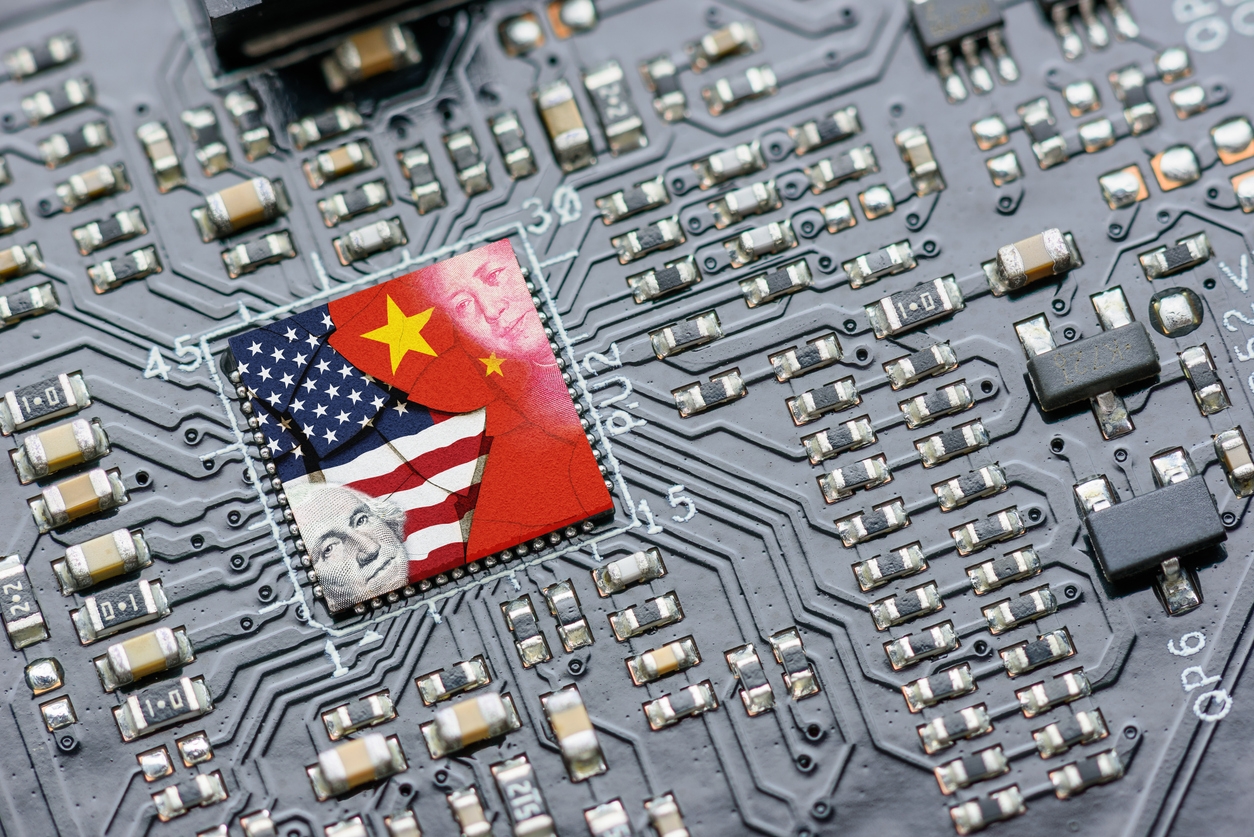Arm IPO Soars, But Will the Party Last?

Chip design giant Arm Holdings (Nasdaq: ARM) has finally gone public in what’s being called the year’s biggest IPO. After bankers priced shares at $51 last night, the stock soared nearly 25% today, closing at $63.59 a share, garnering the company at least $5 billion and pushing its valuation toward $60 billion.
The debut ends a long, bumpy ride for Arm, which is 90% owned by Japan’s tech conglomerate SoftBank. Tech giants such as Alphabet (Nasdaq: GOOGL), Apple (Nasdaq: AAPL), Microsoft (Nasdaq: MSFT), Qualcomm (Nasdaq: QCOM), and Samsung depend heavily on Arm for chip designs, including ones for mobile phones and servers. Indeed, it’s estimated that Arm designs are used in 99% of the smartphones on earth, giving it large market share and influence.
For several years, SoftBank has been making moves to advance Arm to its next level. The biggest of these was SoftBank's plan to sell Arm to NVIDIA (Nasdaq: NVDA) back in 2020 for $40 billion. Facing numerous regulatory hurdles and industry outcries, in February 2022, SoftBank and NVIDIA abandoned the plan.
So what changes with the IPO? It may be a short-lived joyride.
Hype Vs. Reality
The hype surrounding this IPO has been deafening. And today’s performance has the champagne corks popping. But behind the hype there are risks that could sober the revelers as things settle back into a harsher reality. Most of these were mentioned in the company’s prospectus:
The valuation is high. The mean price/sales ratio of a semiconductor company is 5 times sales, and most trade below 10X sales. At its current valuation, Arm is trading at nearly 100X current earnings and 23X sales.
Arm isn’t growing. For a while, Arm’s revenue and profits have been stagnant. For the most recent quarter ended June 30, 2023, Arm posted revenues of $675 million, down 2.45% from $692 million for last year’s quarter. Its annual run rate is about $2.8 billion in sales. Worse, net income from continuing operations came in at $105 million for the quarter, a year-over-year decline of 53%.
RISC-V. Arm rose to prominence by figuring out better ways to make chips that consumed lower amounts of power, making it great for smaller devices. It had the right processor architecture for the right applications — particularly smartphones. In its IPO filings, Arm pointed to the threats of reduced instruction set computing (RISC)-V, an open-source chip architecture that has been gaining momentum and could present big competition to Arm’s architecture, especially in the AI market.
China. Geopolitical tensions and slow China growth continue to contribute to uneasy feelings about business in China. Arm’s got a large risk there, with about 20% of its business coming from China.
SoftBank’s still in charge. Arm’s owners will still control the board of directors and therefore hold sway in company decisions. SoftBank, with its roughly 90% ownership stake, could influence decision-making in ways that collide with shareholder preferences.
On top of all this, keep in mind that the latest cycle of IPOs has been weak, with many of the most recent technology IPOs trading below their IPO price. Data from Nasdaq shows that 64% of IPOs are trading below their IPO price three years after their IPO.
Futuriom Take: Arm’s IPO was a success today, but its valuation is extreme and presents high risk for public market investors. And it may be a bit early to judge a comeback for the public tech markets in general.

















